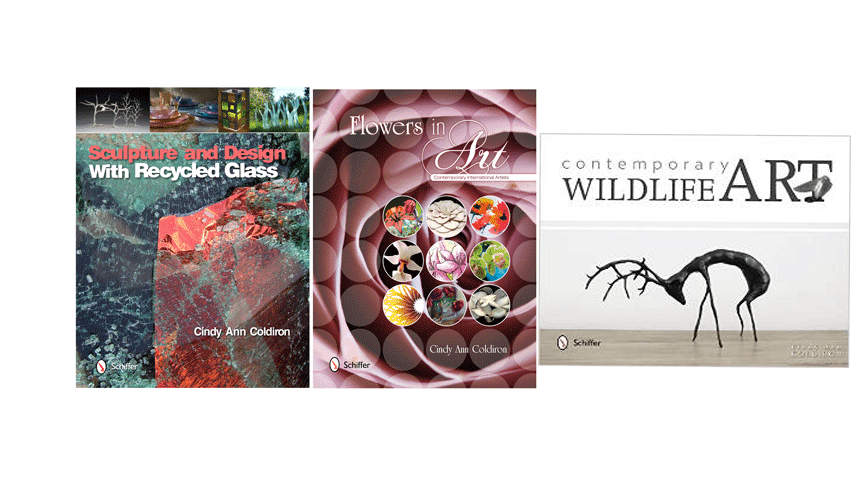August 12, 2011
Bottle Trees Join Grand Tradition of Pink Flamingos, Garden Gnomes
The Blooming Things Are Good All Year, If You Like That Sort of Thing.
By
GWENDOLYN BOUNDS
It's the ultimate in low-maintenance landscaping: a tree that blooms all year long, needs no water or pruning and never dies.
Sales of man-made "bottle trees" are flourishing among homeowners wanting something more interesting in the garden than a birdbath or gnome. Styles vary, but most trees are crafted from steel with branches capped by colorful empty bottles.
The trees have long been a fixture of rural Southern yards and in Caribbean island communities, where property owners commonly decorate real—but dead—trees with bottles.
The manufactured versions, which can be short or tall, are popping up everywhere from New York to Alaska. Many are hand-crafted by people who are into welding and are sold on websites such as thebottletreeman.com and bottletreecreations.com. Gardener's Supply Co. says bottle trees made in India are one of its top sellers in garden decor, a category that has been growing 15% annually, the company says.
"Bottle trees are the modern pink flamingo," says Felder Rushing, a garden author in Jackson, Miss., who is writing a book about the trees. "People are bored of the plantings we have. And you can only have so many naked goddess statues out there."
Bottle trees have their shortcomings. They can blow over if they aren't anchored well. And bottles must be positioned carefully on branches so they don't collect rain. And the trees aren't necessarily pest-resistant: "You'll get caterpillars going inside the bottles to make cocoons," says Jerry Swanson of Princeton, Wis., whose bottle trees are now standing in 34 states.
Read more of this very interesting article
here.





